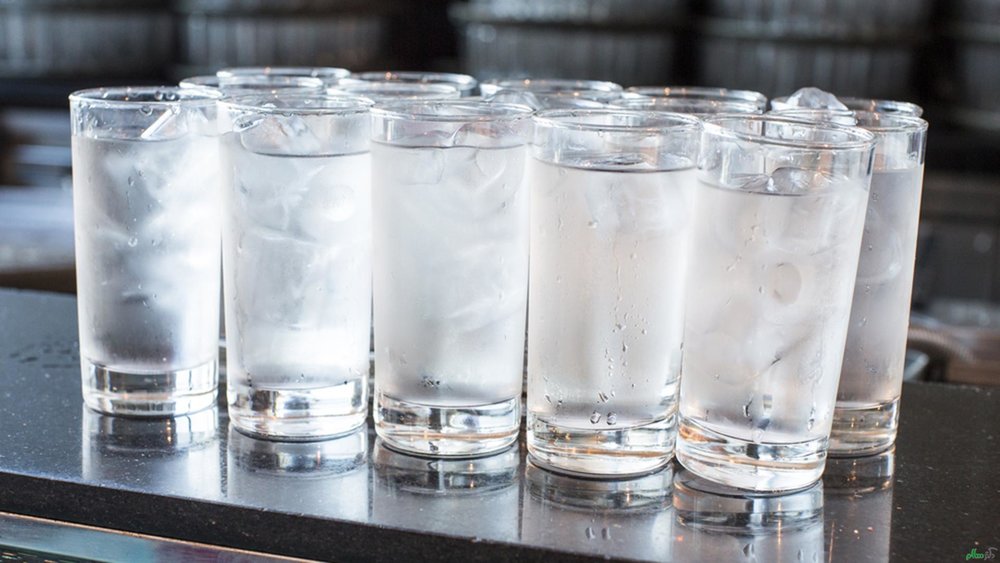Temperaments determine your lifestyle

The Iranian-Islamic traditional medicine emphatically gives prominence to each individual’s temperament - or to use the Persian equivalent ‘Mizaj’- as a determining and key factor in deciding one’s lifestyle.
In the Iranian-Islamic traditional medicine the excess or less of warmness and humidity define four essential temperaments of “Warm and Wet (sanguine or Damawiy)”, “Warm and Dry (choleric or Safrawiy)”, “Cold and Dry (melancholic or Saudawiy)” and “Cold and Wet (phlegmatic or Balghamiy)” respectively. The terms in the parentheses refer to four groups of material in the body (called “humors” or 'Akhlat') including blood, yellow bile, black bile, and phlegm respectively. Words written in italic show original Persian terms in the ancient literature.
As each person’s temperament is distinctive- defining their distinguishing physical and behavioral characteristics- their lifestyle might vary from one another accordingly.
Not everyone can eat the same food or drinks since they have different temperaments which allow them to consume or advise them to cut down on some food items therefore there is no single prescription for everyone in the Iranian-Islamic traditional medicine.
Not everyone can consume the same amount of water, tea, or dairy products as others consume. Each individual should correspond to their temperaments to stay healthy and that’s where the Iranian-Islamic traditional medicine strength lies.

The Iranian-Islamic traditional medicine is an ancient paradigm for personalized medicine and prescription which individualizes healthcare for each person and in order to maintain one’s health all preventive, diagnostic and therapeutic interventions must be individualized as well.
Health tips
Food stuff with warm Mizaj or warming characteristics (either in nature such as spices or after being heated like hot tea or hot water) can be harmful to people with warm Mizaj and relatively speaking they are more sensitive to them. Consequently such people are better not to eat up large quantities of food items with warm Mizaj and try to balance their diet by consuming food with cold Mizaj or cooling characteristics in order to add cooling effects to their bodies to balance it.
Same goes for the people with cold Mizaj who are better avoid consuming high amounts of food items with cooling characteristics (either in nature or after being cooled such as ice water). People with cold Mizaj should not drink much water in general particularly during cold seasons and once they get thirsty they are better not to drink ice water.

People with warm Mizaj have stronger digestive system and can properly digest heavy meals, however people with cold Mizaj, especially when their stomach is cold as well, display poor digestion symptoms and as a result they ought to consume limited amounts of food in accordance with their temperaments and avoid eating too much.
In some cases a person with a warm Mizaj might develop a cold and wet stomach so they have to reduce cold Mizaj food intake as well.
In general those with wet and cold or wet and warm temperaments are more likely to gain weight, so eating too much is harmful to their health. Nonetheless over-eating is not recommended to anyone.
Seyed Mahdi Mirghazanfari, MD, holds a PhD degree in medical physiology and is an Iranian-Islamic traditional medicine researcher. He is also an assistant professor in AJA University of Medical Sciences, Tehran.
MQ/MG
Leave a Comment